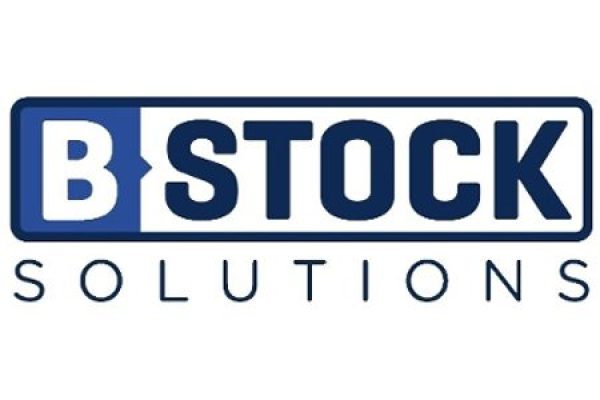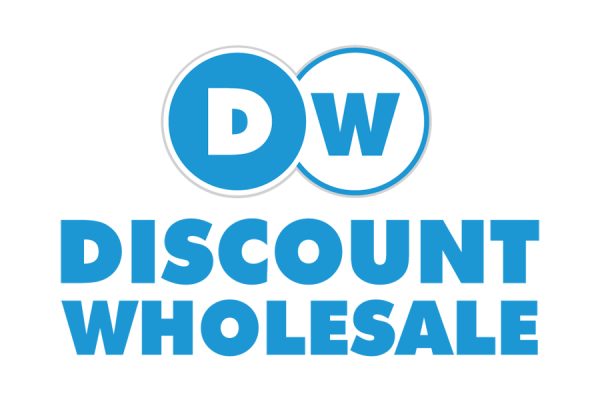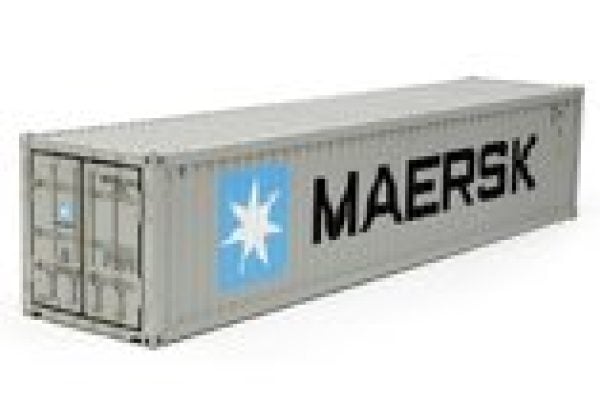 Alice Delore is an education specialist for SaleHoo.com, an online community of over 95,000 online sellers and retailers. Their product range consists of an online selling course, ecommerce software and their flagship product, a wholesale directory.
Alice Delore is an education specialist for SaleHoo.com, an online community of over 95,000 online sellers and retailers. Their product range consists of an online selling course, ecommerce software and their flagship product, a wholesale directory.
Even if you are a seasoned veteran in online retail, you might be unfamiliar with the vast benefits that using liquidations suppliers can offer. Here’s a quick run-down of how they work and the pros and cons of using them to source your products to resell for profit.
What are liquidation suppliers?
Liquidation suppliers (who also go by the names of salvage suppliers, liquidators and surplus suppliers), get their stock from a number of sources including wholesalers, manufacturers or other retailers who need to clear stock quickly.
There are several reasons why this stock will need to be cleared by these sources: It could be returned stock or damaged or faulty items. Sometimes the retailer or wholesaler could be going out of business and needs to clear stock to pay debts, or it could just be last season’s stock being sold off cheaply.
Liquidation suppliers tend to have their best lots of stock available straight after Christmas when there is a surge of unwanted gifts being returned to retailers, who sell these on to liquidators to clear the stock as quickly as possible.
Pros of using a liquidator
They can offer you hot-selling brand names that are typically hard to source (and that buyers fall over themselves to get their hands on!) Because liquidators get their products from salvage lots, closing down or liquidation sales, they often get access to top-shelf brand names which they resell to you for pittance, which you can then resell for big profits. Calvin Klein men’s jeans for $9 a pair? Yes, please!
They sell a wide range of items. Because liquidators purchase stock from a wide range of sources, and have contacts in many different industries, you can pick up a wide range of items to offer your buyers. It also gives you an opportunity to test out new markets that you haven’t yet tapped in to.
They have low prices on ALL items! Above all else, the best thing about liquidators is the extraordinarily low prices they can offer. This is largely because they buy in such massive bulk which entitles them to incredible bulk discounts. Most liquidators work on a very high turnover of stock – they never hold on to anything for too long – which means they sell off their items quickly… and cheaply!
Titan Liquidation, for example, sells liquidation lots of 100 customer-returned designer jewelry and watches for US$350 ($3.50 per item!)
Cons of using a liquidator
They can be unreliable. Because liquidators buy from inconsistent sources (as opposed to wholesalers, who buy from manufacturers who can accurately forecast stock levels), one month they may have a lot of items to sell and other times may only have a few broken or returned items which you would struggle to give away, let alone sell.
The best way to overcome this drawback is to use liquidation suppliers on a supplementary basis: Don’t rely on them to supply you with your primary line of products. Instead, use them when you can, to get exceptional deals to resell for impressive profits, while ‘keeping your day job’ with your regular supplier.
High minimum order quantities. Most liquidation suppliers insist on high minimum order quantities (MOQs). This is simply because, like manufacturers and most wholesalers, their business model operates on low margins and high volumes of sales. When you purchase a liquidation lot, expect to pay anywhere from $500-$5000 for a pallet load.
“Take it, or leave it” policy. Unlike other suppliers who can offer warranties for their products, most liquidators will not. Therefore, it’s always best if you can inspect a liquidation lot in person, or get a comprehensive report of the contents of the lot including photographs of the items inside it.
What type of supplier do you use to source your products from? Do you use liquidators of any description? Share your experiences in comments below.









One Response
Very US orientated but here’s a UK “stocklot seller” for the UK readers:
https://www.hermanex-shop.com/
* Please note Hermanex is not affiliated with me in any way and I do not work for them etc.